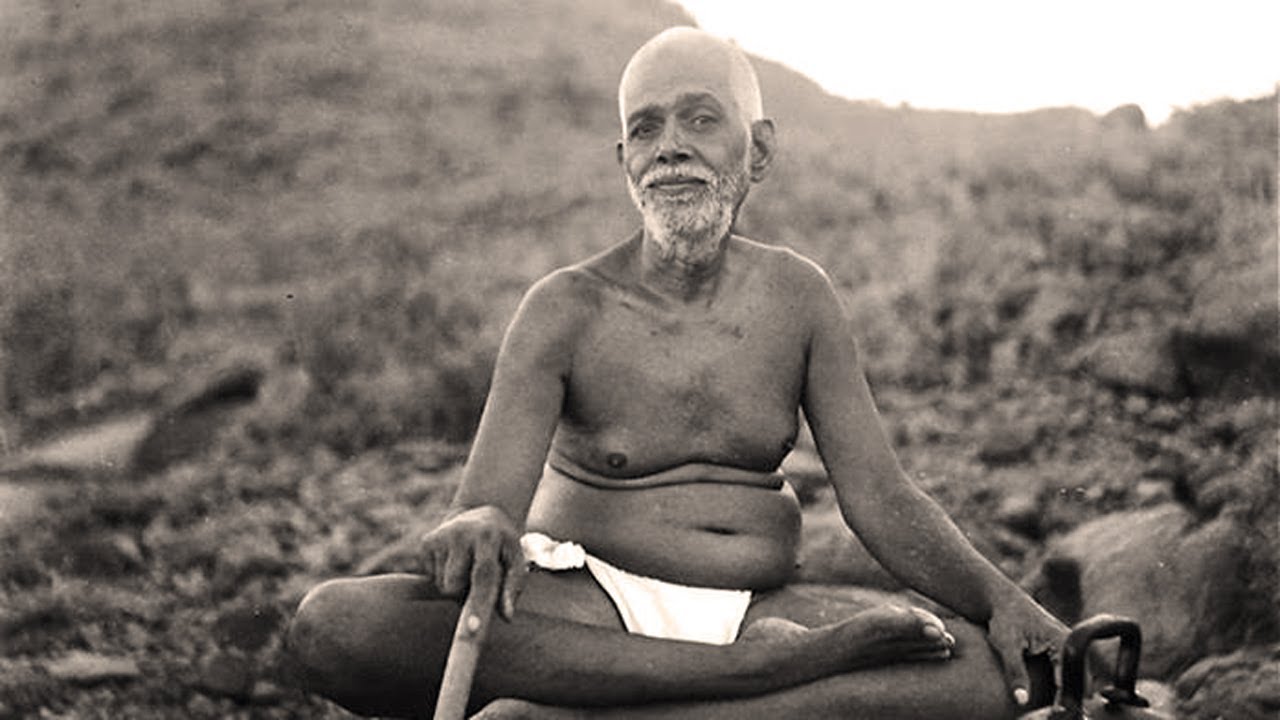
It is continuation of my previous post:
https://steemit.com/spiritual/@prasamsha/4mtaes-who-am-i
- What is happiness?
Happiness is the very nature of the Self; happiness and the Self are not different. There is no
happiness in any object of the world. We imagine through our ignorance that we derive happiness
from objects. When the mind goes out, it experiences misery. In truth, when its desires are fulfilled,
it returns to its own place and enjoys the happiness that is the Self. Similarly, in the states of sleep,
samadhi and fainting, and when the object desired is obtained or the object disliked is removed,
the mind becomes inward-turned, and enjoys pure Self-Happiness. Thus the mind moves without
rest alternately going out of the Self and returning to it. Under the tree the shade is pleasant; out in
the open the heat is scorching. A person who has been going about in the sun feels cool when he
reaches the shade. Someone who keeps on going from the shade into the sun and then back into the
shade is a fool. A wise man stays permanently in the shade. Similarly, the mind of the one who
knows the truth does not leave Brahman. The mind of the ignorant, on the contrary, revolves in the
world, feeling miserable, and for a little time returns to Brahman to experience happiness. In fact,
what is called the world is only thought. When the world disappears, i.e. when there is no thought,
the mind experiences happiness; and when the world appears, it goes through misery. - What is wisdom-insight (jnana-drsti)?
Remaining quiet is what is called wisdom-insight. To remain quiet is to resolve the mind in the
Self. Telepathy, knowing past, present and future happenings and clairvoyance do not constitute
wisdom-insight. - What is the relation between desirelessness and wisdom?
Desirelessness is wisdom. The two are not different; they are the same. Desirelessness is refraining
from turning the mind towards any object. Wisdom means the appearance of no object. In other
words, not seeking what is other than the Self is detachment or desirelessness; not leaving the Self
is wisdom. - What is the difference between inquiry and meditation?
Inquiry consists in retaining the mind in the Self. Meditation consists in thinking that one’s self is
Brahman, existence-consciousness-bliss
Ref: Who Am I? (Nan Yar?)
The Teachings of Bhagavan Sri Ramana Maharshi
Translation by
Dr. T. M. P. MAHADEVAN
From the original Tamil
Note: This is not my own content. But posted from the book above mentioned in ref.
It is posted word to word as published in the original source.